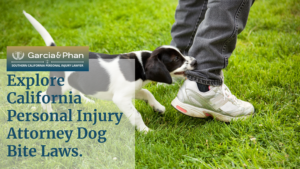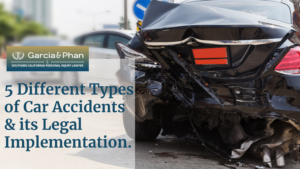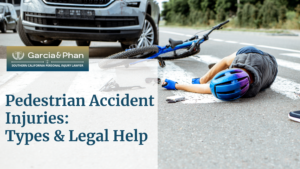California is not a no-fault state; it operates on an at-fault system that came into action when the respective law was signed in 1969. Nevertheless. if you find yourself the victim of a car accident without insurance at fault in California and need to prove that the accident wasn’t your fault, several crucial steps can help establish your innocence and pursue compensation.
To begin with the lawsuit, file a report about the accident to DMV by accessing an SR-1 report. In the next step, gather proof at the accident scene, such as pictures of automobile damage, roadways, and obvious injuries. Report the incident to law enforcement so they can give you a fair assessment of what happened. No matter if your injuries are major or minor, take a step to get the proper healthcare swiftly as considering the part of what happened this will be mentioned in the medical record at the time of filing the claim. Maintain all post-accident record of your expenses carefully, including medical bills, bill for vehicle repair charges, and every other expenditure that are related to your mishap.
Additionally, to know more about at-fault and no-fault state it is essential to understand the difference between the two.
No-Fault vs. At-Fault States: Clarifying the Basics
How about we start by recognizing “no-issue” and “to blame” states? In an at-fault state, the individual/driver who is responsible for the accident is frequently held accountable for the incident’s losses and damages. No-fault state, of which California is not one, adopt an alternative strategy.
At what conditions a person can be eligible for a car accident without insurance in California:
A person can be qualified for an automobile accident without insurance under certain conditions. For instance, if the at-fault party has insurance and causes the accident, their insurance may pay for your losses, including medical costs and property damage. Furthermore, if the accident was covered by the vehicle’s owner’s insurer and you were driving the car with their authorization even though you were not the owner. Nonetheless, driving without protection is usually against the law in California, and in some cases, it may make receiving compensation impossible.
What rules are held in California auto accident laws and how our attorneys help you grasp them better?
California auto accident laws are comprehensive and cover various aspects of liability, insurance, and compensation. Key rules include:
- At-Fault System: California operates on an at-fault system, where the party responsible for the accident is typically liable for damages.
- Minimum Insurance Requirements: California mandates minimum insurance coverage for drivers, including liability coverage to compensate others for injuries and property damage.
- Statute of Limitations: There’s a limited time frame within which you can file a lawsuit after an accident, typically two years for personal injury and property damage claims.
- Comparative Negligence: California follows the rule of comparative negligence, meaning compensation is reduced if you’re found partially at fault.
Our attorneys assist by evaluating your case, determining liability, and ensuring you meet crucial deadlines. They negotiate with insurance companies at a no-fault state, gather evidence, and handle legal complexities. Their expertise ensures you grasp the nuances of California’s auto accident laws, enabling you to make informed decisions and pursue fair compensation efficiently.
Conclusion
Our dedicated attorneys are your trusted partners in navigating California’s complex auto accident laws. With their expertise, you can confidently address liability, insurance requirements, and the statute of limitations. By seeking our guidance, you ensure that your rights are protected, evidence is meticulously gathered, and negotiations with insurance companies are in your favor. Our skilled lawyers are generally accessible to help you appreciate and exploit the intricacies of California’s car crash guidelines and legal rules. Our attorney guarantees you get the compensation pay you are eligible for. So, reach Garcia & Phan at (714) 586-8298 anytime to seek the legal assistance you require.






